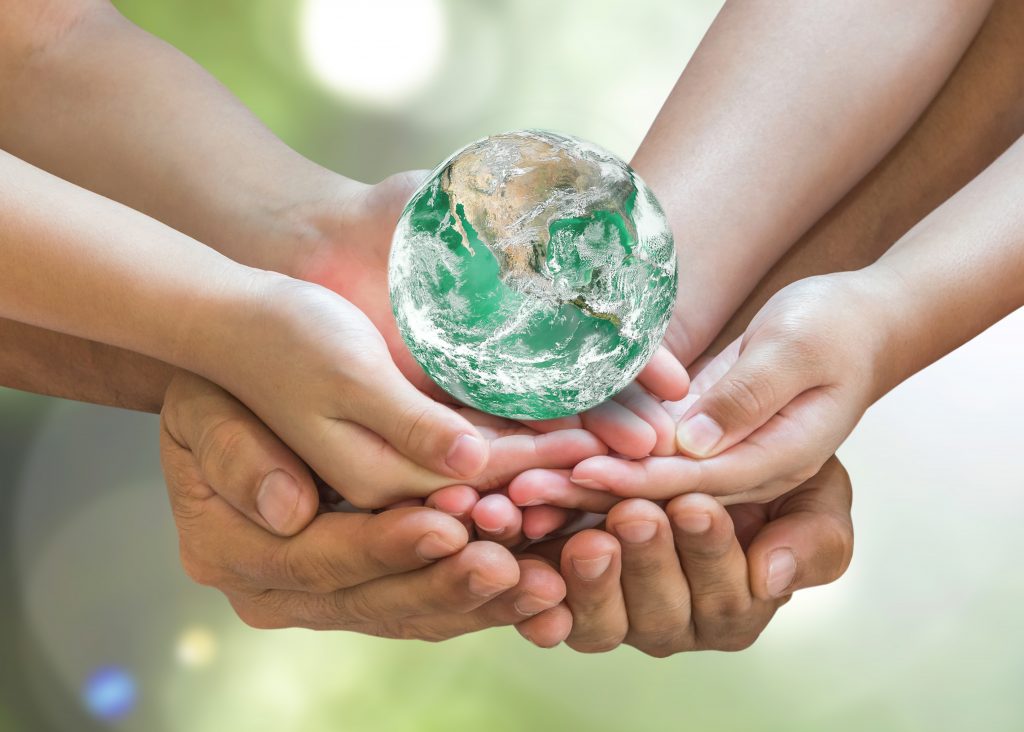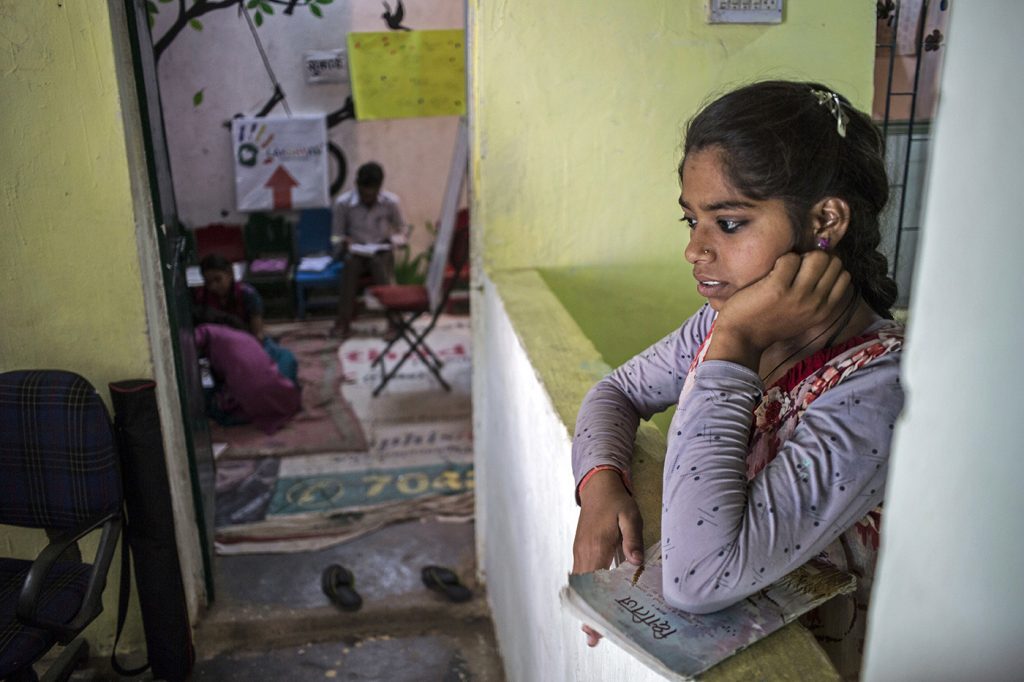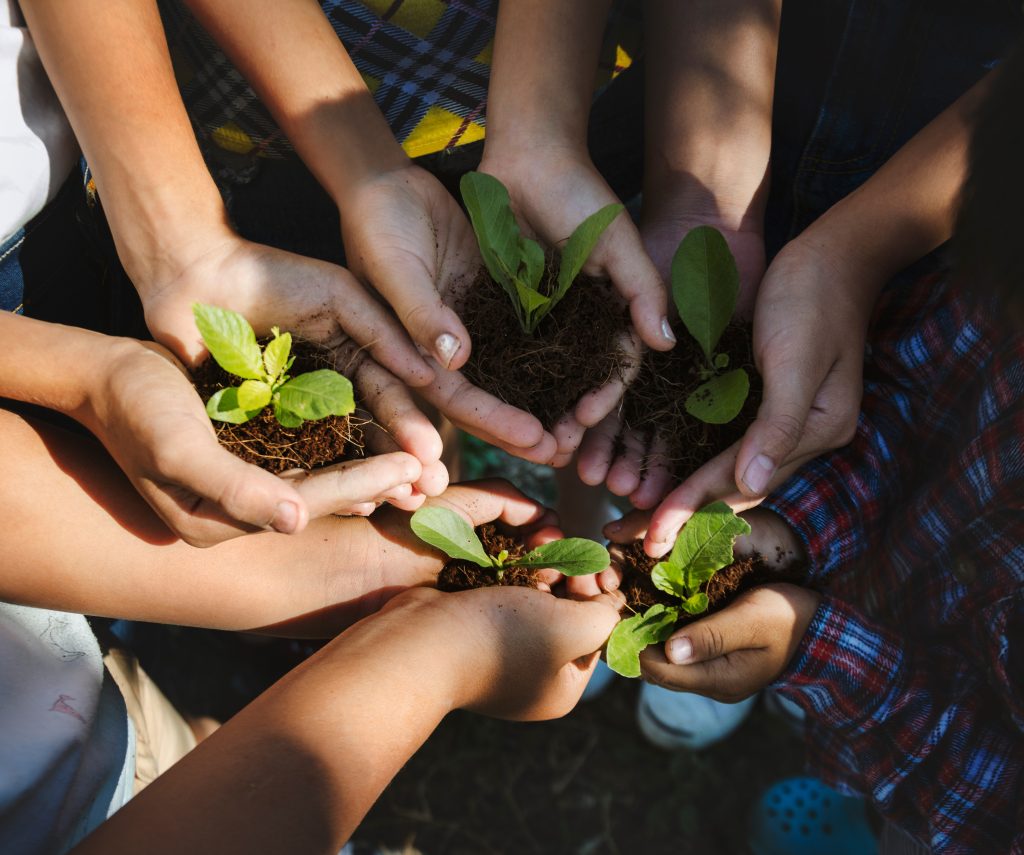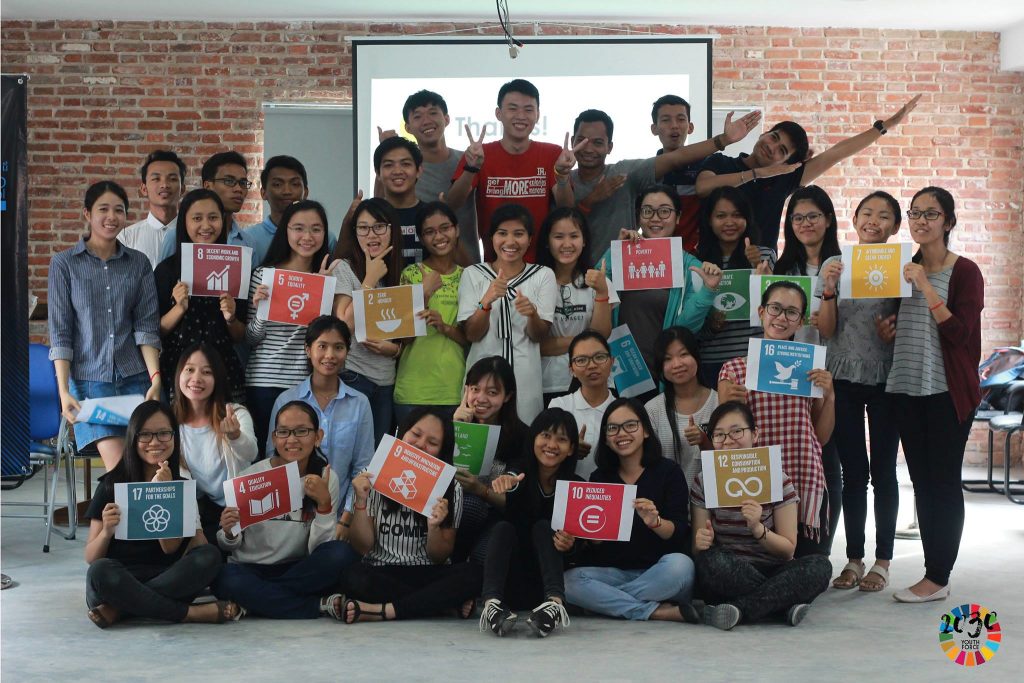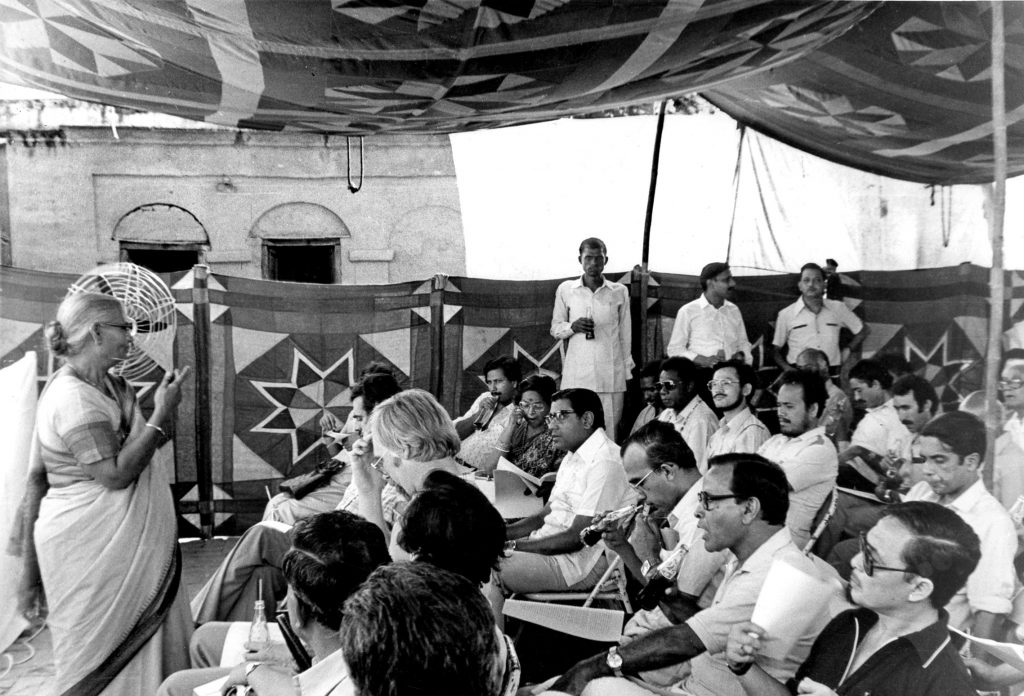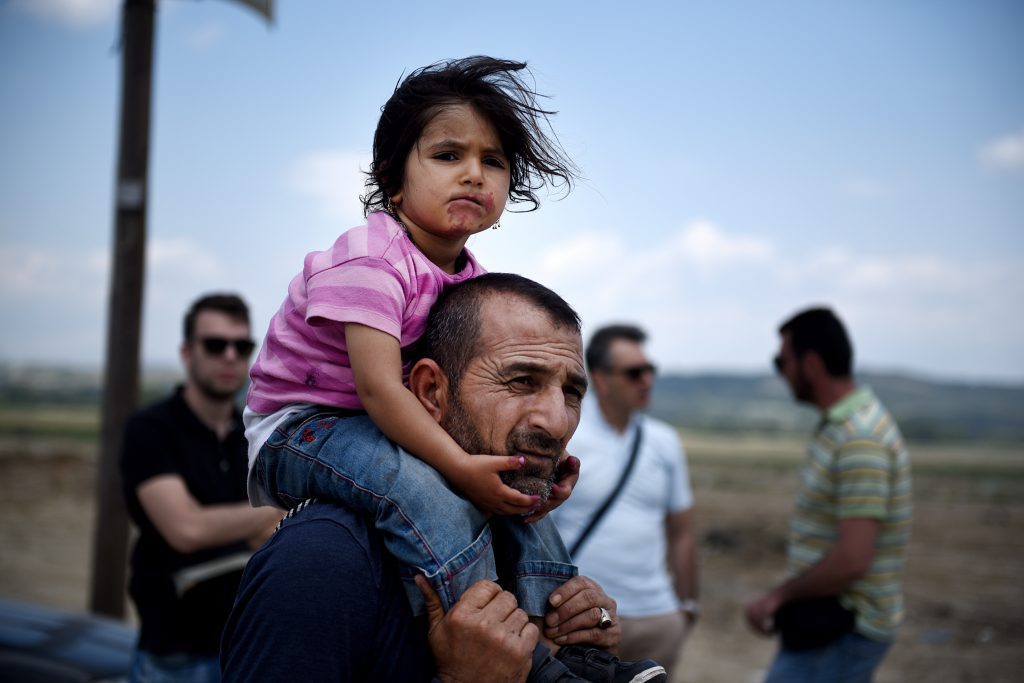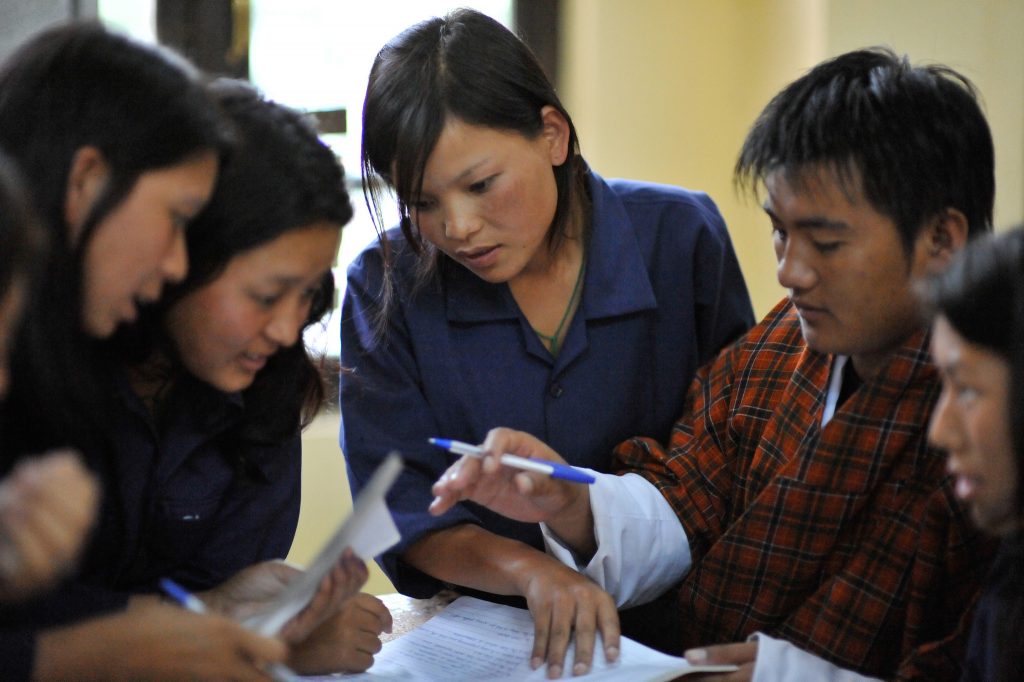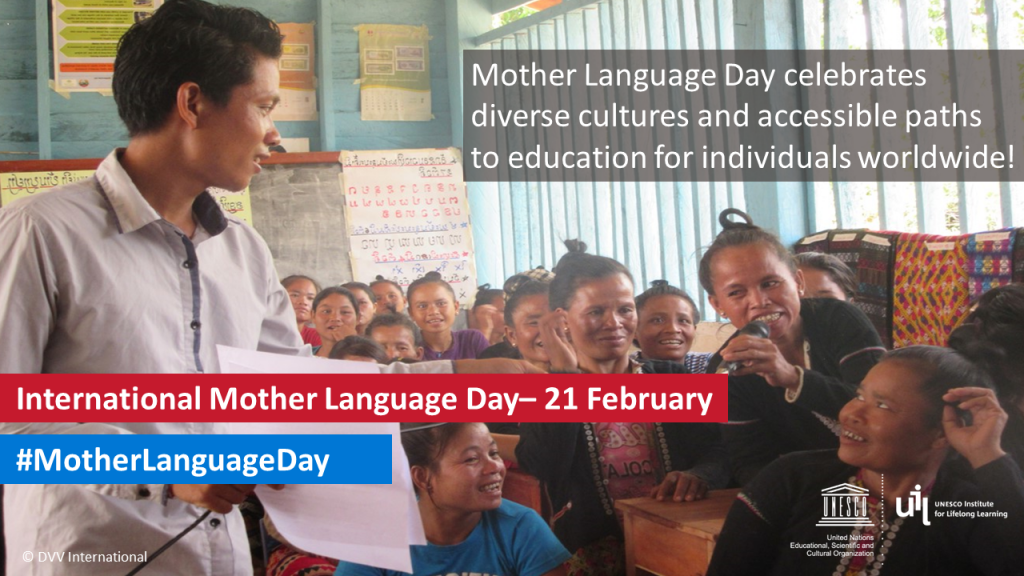As preparations begin for the seventh International Conference on Adult Education (CONFINTEA VII) in 2022, Daniel Baril, Chair of UIL’s Governing Board, argues that we need a new generation of adult learning and education policies

In matters of adult learning and education, we live in paradoxical times. On the one hand, learning needs are diversifying and adult education resources cover a wide spectrum of learning possibilities, formal, non-formal or informal. On the other, adult education policies strive to mobilize all available educational resources to answer different learning needs. That is why I think that a new generation of adult learning and education policies is needed, policies that would aim to draw on all educational resources to answer a wide array of learning needs.
In my view, in our new century, two phenomena are shaping adult education. First, we are witnessing a new social demand for knowledge and competencies. In all countries, literacy and basic skills remain a major educational need and, overall, work-related training is prioritized. But, beyond those important learning domains, we can observe a wider demand stemming from many spheres of people’s daily life. In its research and normative work, UNESCO has referred to some of those growing learning needs: education for health and well-being, education for sustainable development, education for citizenship, digital skills and human rights education. The so-called twenty-first century skills are also an example of an expanding social demand for learning. Continue reading

